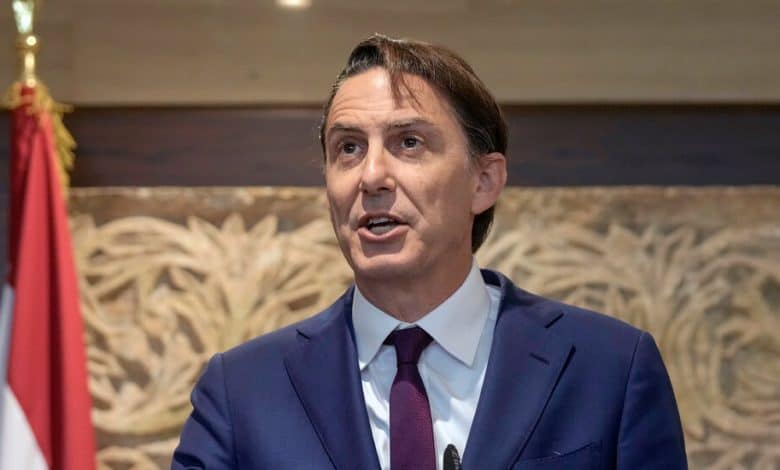A Biden Confidant Emerges as a Crucial Mideast Diplomat

A few weeks before Hamas attacked Israel on Oct. 7, a senior White House official visited southern Lebanon for a sightseeing trip that doubled as a dramatic political statement.
The official, Amos Hochstein, one of President Biden’s most trusted national security advisers, toured the ancient ruins of Baalbek in an area well known as a stronghold of Hezbollah, a U.S.-designated terrorist group sponsored by Iran.
Wearing white pants and a golf shirt, and with no security entourage, Mr. Hochstein marveled at the artifacts and snapped photos of the onetime Roman city’s crumbling stone walls and columns. Keeping watch from a distance were several muscular men in black T-shirts — presumed Hezbollah militiamen.
The trip caused a minor sensation in Lebanese news media, which wondered how a top American official — one born in Israel, no less — was able to move so freely on Hezbollah turf.
The trip demonstrated the surprising way Mr. Hochstein has become one of the few Americans trusted, however grudgingly, by Hezbollah’s leadership. And that trust is crucial today, now that Mr. Biden has designated Mr. Hochstein as his diplomatic point man for preventing clashes across the Israel-Lebanon border from exploding into a war that could be even more devastating than the conflict in Gaza.
Officially, Mr. Hochstein, 51, is Mr. Biden’s top aide for global energy and infrastructure. But his wonky title does not capture the ever-broadening portfolio bestowed upon him by a president whose close confidence he has earned over more than a decade and who is said to view his adviser as a results-getting “doer.”